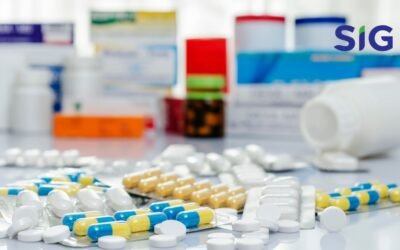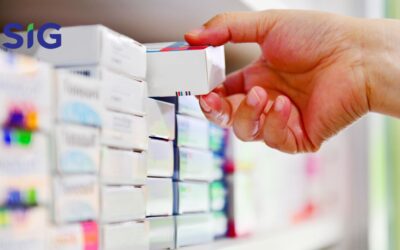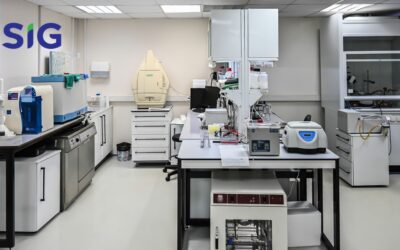Subchronic Toxicity
– Acute Toxicity
– Chronic Toxicity
– Dermal Acute Irritation
– Eye Irritation
– Sensitization
– Subchronic Toxicity
– Systemic Toxicity
– Vaginal Mocous Irritation
Description
Subchronic toxicity is the test that continues after the acute toxicity test. The difference between the two tests is the duration of time the substances are exposed to. Subchronic toxicity requires more time than acute toxicity. The amount of time required for exposure based on the duration of the substance’s use in humans.The purpose of the chronic toxicity test is to identify hazardous effects that may arise from repeated oral or dermal exposure over a short period of time during half of life expectancy, but not more than 10% of life. In addition, the test’s goal is to learn about the likelihood that toxic effects may manifest themselves that are not observable in acute toxicity tests, the dose at which there are no toxic effects (known as the NOAEL), as well as the cumulative impact and reversibility of such chemicals. The safety of the product in accordance with current regulations is the ultimate goal of all efforts.
How can SIG help?
As an authorized toxicity testing facility, SIG may conduct subchronic toxicity testing on a variety of pharmaceutical products, traditional medicines, cosmetics, and pesticides in accordance with all pertinent guidelines.
Method of Analysis
The Indonesian government has provided us with toxicity criteria, which we follow when conducting the testing. These standards include
- BPOM Regulation (Drugs, traditional medicine, and cosmetics)
- Toxicity guidance by Directorate of Fertilizer and Pesticides (Pesticides)
Library of Knowledge
Deteksi Campuran Bahan Kimia Obat (BKO) di Lab Uji Obat SIG
Keamanan dan kualitas obat merupakan hal yang sangat penting dalam bidang farmasi. Salah satu isu yang sering muncul adalah keberadaan bahan kimia obat (BKO) yang tidak terdaftar atau campuran bahan yang tidak sesuai dengan standar, maka dari itu perlu dilakukan...
Peran Lab Uji Farmasi Independen Dalam Dukungan Perkembangan Industri Farmasi
Industri farmasi telah berkembang pesat dari waktu ke waktu. Hal ini tidak lepas dari peran penting lab uji farmasi dalam menjamin keamanan obat-obatan yang beredar di pasaran. Tidak hanya itu lab independen juga bisa memberikan dukungan pengembangan produk pada...
Apa Itu Good Laboratory Practice (GLP) Pada Industri Farmasi
Good Laboratory Practice (GLP) merupakan sistem manajemen kualitas yang diterapkan di lab uji farmasi untuk menjamin bahwa hasil pengujian dan penelitian dapat dipercaya dan dapat dipertanggungjawabkan. Dalam industri farmasi, GLP sangat penting karena terkait...
SIG Laboratory
Graha SIG, Jl Rasamala No. 20, Taman Yasmin, Bogor, Jawa Barat 16113.
Phone. +62 251 7532 348
WhatsApp. +62 82 111 516 516
Email. marketing@siglaboratory.co.id
SIG Jakarta
Jl. Percetakan Negara No. 52 B RT 006 / RW 001, Rawasari, Cempaka Putih, Jakarta Pusat 10570.
Phone. +62 21 2147 9292
SIG Medan
Jl. Bunga Asoka, Ruko Komp. Asoka Raya Residance No. 1, Medan Selayang, Sumatera Utara 20133,
WhatsApp. +62 822 7207 9665
Email. salesmedan.sig@saraswanti.com
SIG Semarang
Jl. Kanfer Raya Blok R No. 4 Pedalangan, Kec. Banyumanik, Kota Semarang, Jawa Tengah 50268.
Phone. +62 24 7004 0541
WhatsApp. +62 812 9000 5165
Email. cs.sigsmg@saraswanti.com
SIG Yogyakarta
WhatsApp. +62 896 4856 9422
Email. arifin.sig@saraswanti.com
Operational Hours
Monday to Friday
08.00 - 17.00 WIB.


FOLLOW US



